Ramallah, MINA – On special days and functions, Hanady Halawani heads to the Al-Aqsa Mosque in Jerusalem with her husband and children to pray.
Accoring to Anadolu Agency, while her family enters the mosque, Hanady remains outside, instead of having to pray near the northwestern Lions Gate, as she is restricted by Israeli authorities from entering it.
“My house lies a few meters away from the mosque, the Muslims flock in front of it on their way to the prayers but I can’t set foot inside [Al-Aqsa] because of the continuous expulsion orders with very restricted mandatory requirements,” says Hanady, a 40-year-old teacher who has been mired in a trial since 2012.
That year, Israeli authorities initiated a systemic drive targeting dozens of Palestinian women activists who stood up to Israeli settlers storming Jerusalem’s Old City and the Aqsa Mosque compound in an effort to supplant its native Palestinian population.
Also Read: Tens of Thousands of Palestinians Return Home Following Gaza Ceasefire
These activists were arrested, deprived of national health insurance despite the illnesses some of them suffered from, and were slapped with a travel ban, continuous restrictions and threats.
“I couldn’t remember the number of assaults, the last one was a decision made by the Israeli Interior Minister two weeks ago that barred me from traveling for six months, which may be extended,” said Hanady, who was threatened directly by the Israeli intelligence to deport her as punishment for her political activities.
On May 31, 2020, the Al-Aqsa Mosque reopened after two months of closure as a precautionary measure during the COVID-19 outbreak.
Since then, the measures have become even more restricting against Palestinian prayers.(T/R3/RE1)
Also Read: 155 Palestinians Killed in Gaza Within 24 Hours Despite Announced Ceasefire
Mi’raj News Agency (MINA)





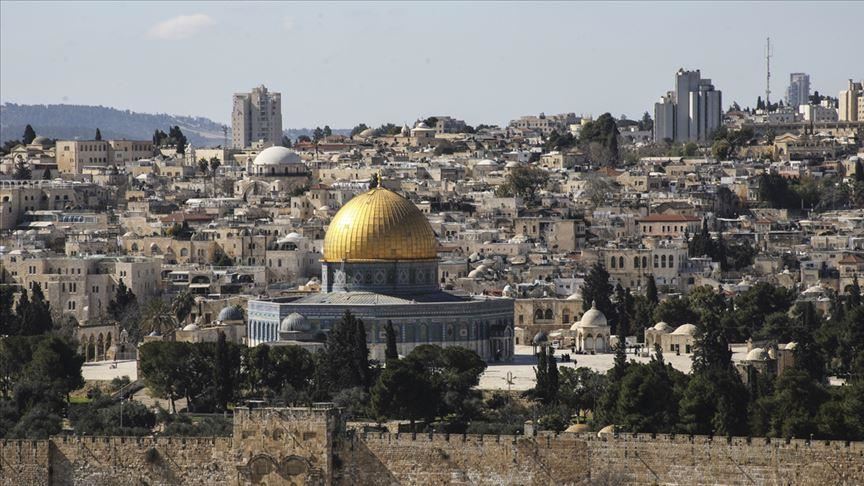

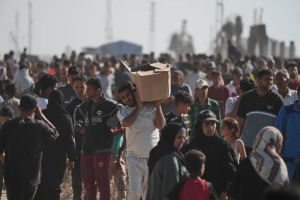



![Israeli tanks and APC’s gather by the Israeli – Lebanese border. Amid Israel’s escalating campaign against Hezbollah in Lebanon on September 30, 2024. [Erik Marmor/Getty Images]](https://en.minanews.net/wp-content/uploads/2024/10/IMG_20241001_203226-300x197.jpg)


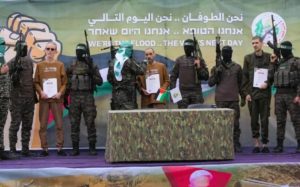
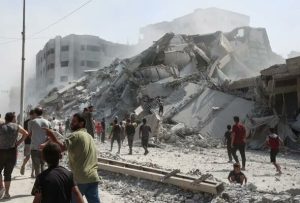





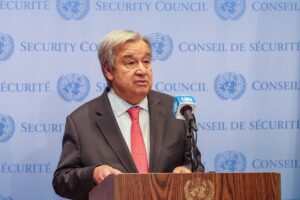
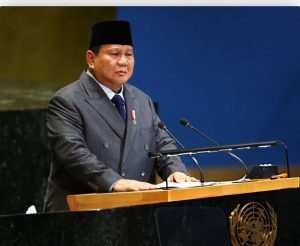
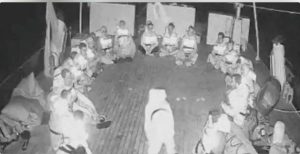


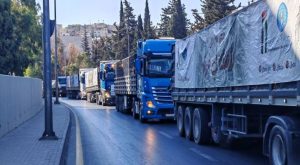
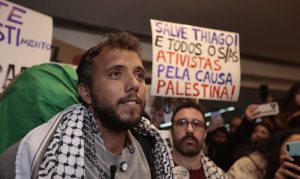



 Mina Indonesia
Mina Indonesia Mina Arabic
Mina Arabic